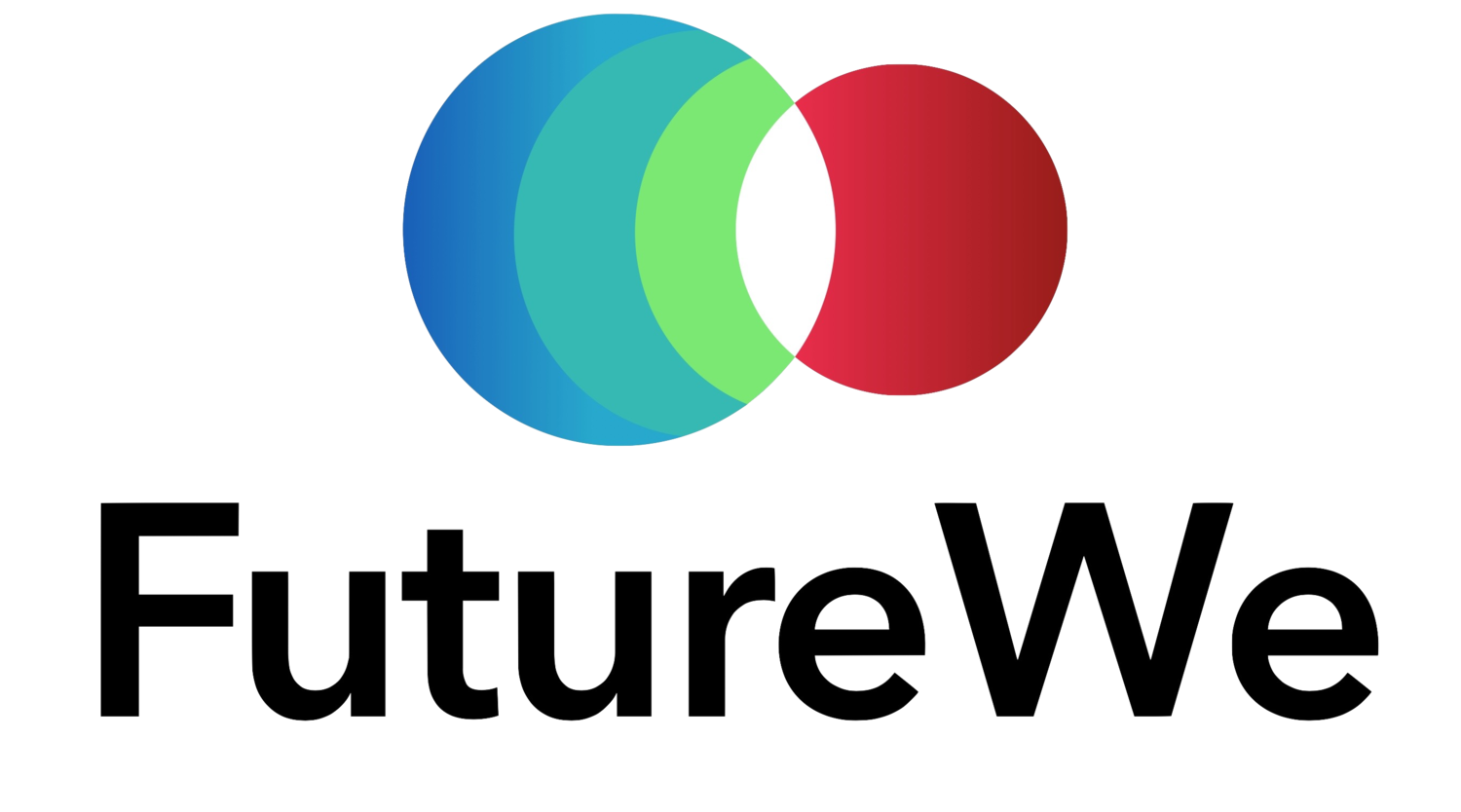




EXPLORE OPTIONS
UPDATE: Follow FutureWe founder Jonathan to his new project >
JonathantheEdunaut.com
IF YOU WORK OR LEARN, YOU’RE IN THE RIGHT PLACE
EXPLORE OPTIONS
UPDATE: Follow FutureWe founder Jonathan to his new project >
JonathantheEdunaut.com
IF YOU WORK OR LEARN, YOU’RE IN THE RIGHT PLACE
FutureWe
A community all about skill solutions for students and the future-ready workforce
Learn how everyone can have the skills to adapt and be ready for a fully digital, automated future.
CHOOSE AN OPTION:
Or explore:

EXPLORE STORY
WHAT’S THE STORY?
EXPLORE STORY
WHAT’S THE STORY?
Let’s get some perspective on why the 4th Industrial Age is changing the world of work:
1ST INDUSTRIAL AGE
Steam power and the mechanised factory system began to spread worldwide from 1780. This is accelerated by the invention of electricity (the 2nd Industrial era 1870) and by electronics (3rd Industrial era 1960).
Impact: Technology can replace human physical abilities en mass for the first time.
Solution: Introduction of mass Schooling allows society to focus on lifting everyone’s mental abilities to a common level of literacy and numeracy instead. This has opened up amazing opportunities which have directly led to our advanced modern society.
4TH INDUSTRIAL AGE
Combination of internet, miniaturised electronics and wireless connectivity has lead to the development of ‘narrow’ AI (artificial intelligence). Fully sentient ‘general’ AI is expected to arrive 2030-2050 (and mark the 5th Industrial era).
Impact: In specific fields such as information lookup, data analysis and online interactions, AI technology can now replace human mental abilities en mass for the first time. Predications range from 14-70% of jobs being impacted.
Solution: Society has the opportunity to focus on lifting HI human intelligences - often known as soft, enterprise or socio-emotional skills - instead. We can also learn how to combine this with AI and work together, all of which has the potential to lead us to an amazing future as bright as that which universal literacy and numeracy enabled after the 1st Industrial Revolution.
WHAT’S NEXT FOR HUMANS?
Unfortunately as Dr George Land’s research for NASA (that eventually surveyed 1 million people) found, the schooling system which helped after the 1st Industrial Revolution has also reduced the populations creative lateral thinking abilities from 95% at kindergarten to only 15% by year 12.
And yet it turns out that skills such as adaptability, empathy and creativity which can set humans apart in the 4th Industrial Revolution era and allow employees to problem solve and adapt even as technology takes over many tasks are those which employers most want anyway.
Explore and learn more about how this transition effects students and workers with this FutureWe resource:
THE A3 MODEL:
Understand the impact of tech on work and education.
This free mini-book by founder Jonathan Nalder and community members explains that new technology can be categorised under 3 headings:
Augmentation - tech that assists humans to do more.
Automation - tech that replaces human abilities and skills.
Amplification - combinations of key technologies that create exponential change.
Download the report by joining our community HERE.

ABOUT FUTUREWE
ABOUT FUTUREWE
ABOUT FUTUREWE
ABOUT FUTUREWE
FutureWe was founded in Brisbane, Australia in 2016 - and has drawn together a community of 600+ global experts from over twenty countries to ask and answer ‘what skills are needed for students and the workforce to succeed in the fully digital, AI era’?
As a result, we can offer positive solutions on 3 levels that help us transition no matter what change comes, and do better today as well.
1. Explore -– be guided to personally understand the automated, 4th industrial revolution,
2. Map -– index and track the skills that help us succeed tomorrow and do better today via our Framework,
3. Deliver -– plan and deploy practical solutions for success, for workplaces and education.
“How can we possibly equip our children and learners of all ages to thrive in this rapidly changing world? FUTUREWE are performing vital grassroots work that not only explains the changes coming but are also mapping solutions that, when the jobs of the future are the ones that machines can’t do, maximise human potential.”
- Graham Brown Martin, International expert on impact of 4th Industrial Age

EXPLORE NEXT
WHERE TO START?
EXPLORE NEXT
WHERE TO START?
Whatever the future brings, we can be ready to succeed.
FutureWe founder Jonathan Nalder and the members of our launch team have worked with over 800 schools, businesses, enterprises and innovators in the last decade. This spans presentations, workshops, success mapping tools, online courses, in-depth consultancies, and practical long-term projects.
Our team in Australia, USA, Brazil and Sweden look forward to working next with you to explore what’s coming, map the skills needed, and begin succeeding today.
Choose a pathway to learn more:
.







